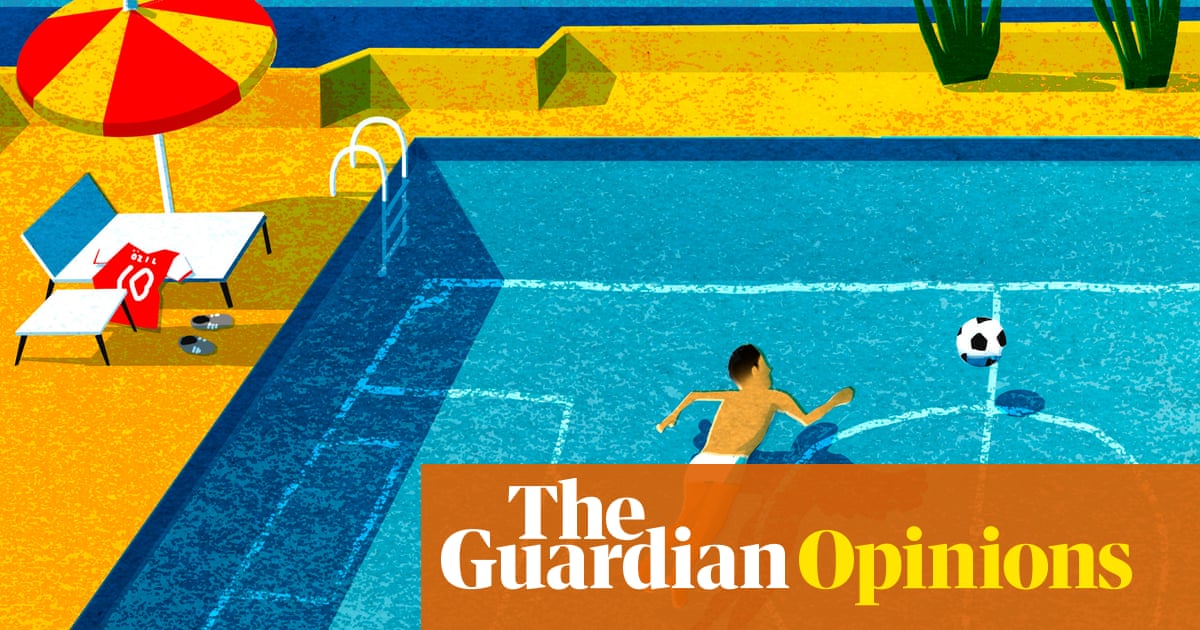
enson Kinyale is a security guard who works the door at a luxury apartment complex in the Parklands neighbourhood of Nairobi. While residents of the building have started to hoard supplies and stay at home because of Covid-19, he continues to make the 80km commute by bus from his home outside the city, six days a week.
He knows standing outside and opening doors all day is now a high-risk activity, as is travelling on a crowded matatu minibus almost every day. But he has little choice.
“I know the virus is here. I wash my hands, but there’s no way I can stay home and quarantine, I don’t make enough,” says Kinyale. “I’m not worried yet, I’ll only stay home if it’s a real emergency.”
Coronavirus cases have shot up in the past two weeks. On Thursday, one person had died from the virus and 31 cases had been officially recorded. The way people in Nairobi have reacted to the outbreak has thrown the country’s inequalities into sharp relief.
A wave of the city’s sizeable expat community, from UN staff to NGO volunteers, have chosen to fly back to their home countries, often at the behest of their embassies. In attempt to beat the ban on international flights, which came into force on Wednesday, those without strong roots in Kenya packed up and left, regardless of astronomical price tags and 60-hour layovers.
For those left behind, the Kenyan government has begun to roll out strict measures, at a pace far quicker than those in places such as the US. Within days of the first case, the border was closed, schools shut down and people encouraged to work from home. In the past week, bars have been shuttered, religious gatherings suspended and a nightly curfew imposed.
The rich have begun to stock up on supplies and retreat behind gated compounds, with plans to work from home and rely on savings. Quarantining has started to become a facet of everyday life for those who can afford it.
At the wholesale City Park produce market in Parklands, business seems to be continuing as usual. The only outlier is a new handwashing station set up by vendors.
Unlike supermarkets in Europe and the US, there is still plenty in stock as many people can’t afford to panic-buy. But, says Nice Wambui, one of the many sellers in the sprawling marketplace, business has slowed and coronavirus precautions are the last thing on her mind.
“I have too much stock and not enough customers,” says Wambui. “We fear, but we can’t stop working.”
Next to the market a group of boda boda (motorbike) taxi drivers congregate on the corner, waiting for increasingly scarce customers. One of them, Fred Juma, echoes the sentiment.
“Business is not normal, but we cannot live in quarantine. I have three children and a wife to feed. I’ve not thought about stopping, I depend on this job.”
Juma is considering sending his children to stay with relatives outside the capital, near Lake Victoria, which will mean less mouths to feed. But only if the government declares a total lockdown. He’ll stay in Nairobi, since his extended family depend on him for money.
Nowhere is this dilemma of balancing protection from the virus with earning money to feed families more apparent than in the Eastlands area of Nairobi, a collection of working class and poor neighbourhoods. Dandora is one of these, a patchwork of dense apartment blocks and informal settlements bordering the largest dumpsite in east Africa.
While social events have been curtailed and schools closed, the streets are busy and almost everyone is still working or looking for opportunities to make money, including wastepickers who work in the dump site.
Quarantine is considered a luxury, and while more people are avoiding contact and trying to wash their hands when extra water is available, hand sanitiser and face masks are out of reach for the majority of the population.
One of the community leaders in this area is Charles Lukania, a local rapper and one of the leaders of Dandora Hip Hop City, a music collective that also acts as a community forum for young people, organising clean-ups and educating people about health and the environment.
Lukania is concerned that unless the government gets its act together, neighbourhoods like his will be overwhelmed as the outbreak worsens.
“The virus will spread faster because of the sanitation challenge,” he says. “And healthwise we don’t have much in terms of clinics. The situation was never good – lack of drugs, personnel, doctors. And that hasn’t changed with the pandemic.”
However, Lukania’s biggest concern is a lack of income, and therefore food, should the government make everyone stay at home. “Buying extra food is not happening … we live by the day.”
Even though the government has introduced concrete measures to stop the virus from spreading, and tax cuts have been introduced, little has been set aside financially to provide aid to those in need.
Lukania fears a repeat of the unrest that followed the 2008 elections, when the government imposed lockdowns due to ethnic violence. “If we lack food, people will start breaking into shops. After the elections people stayed home, two to three weeks with no work. They started looting, taking things. You had to move in groups for safety.”
While he hopes things won’t get that serious, Lukania thinks the government needs to do more and prepare medical and food aid for a worst-case scenario. “[Right now], we are not even half way prepared to deal with this.”












